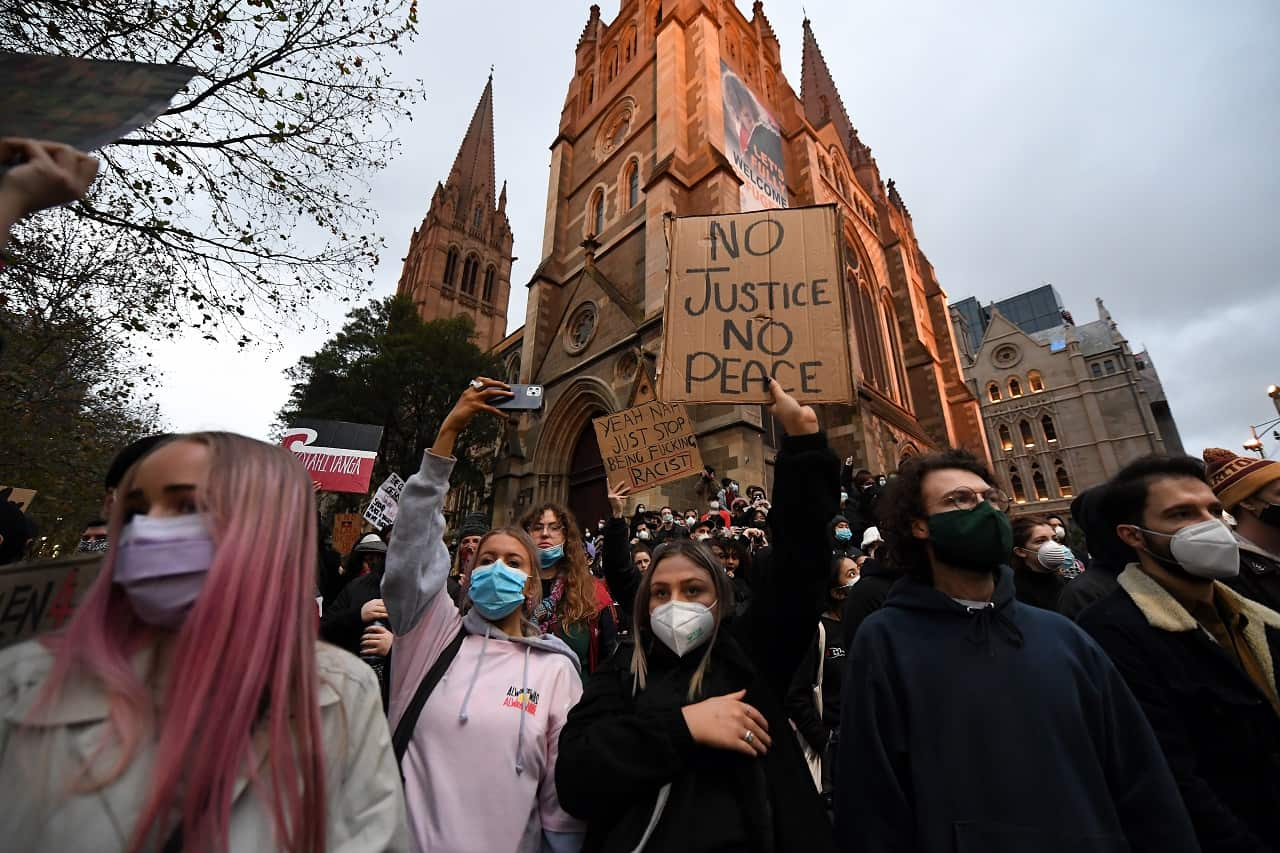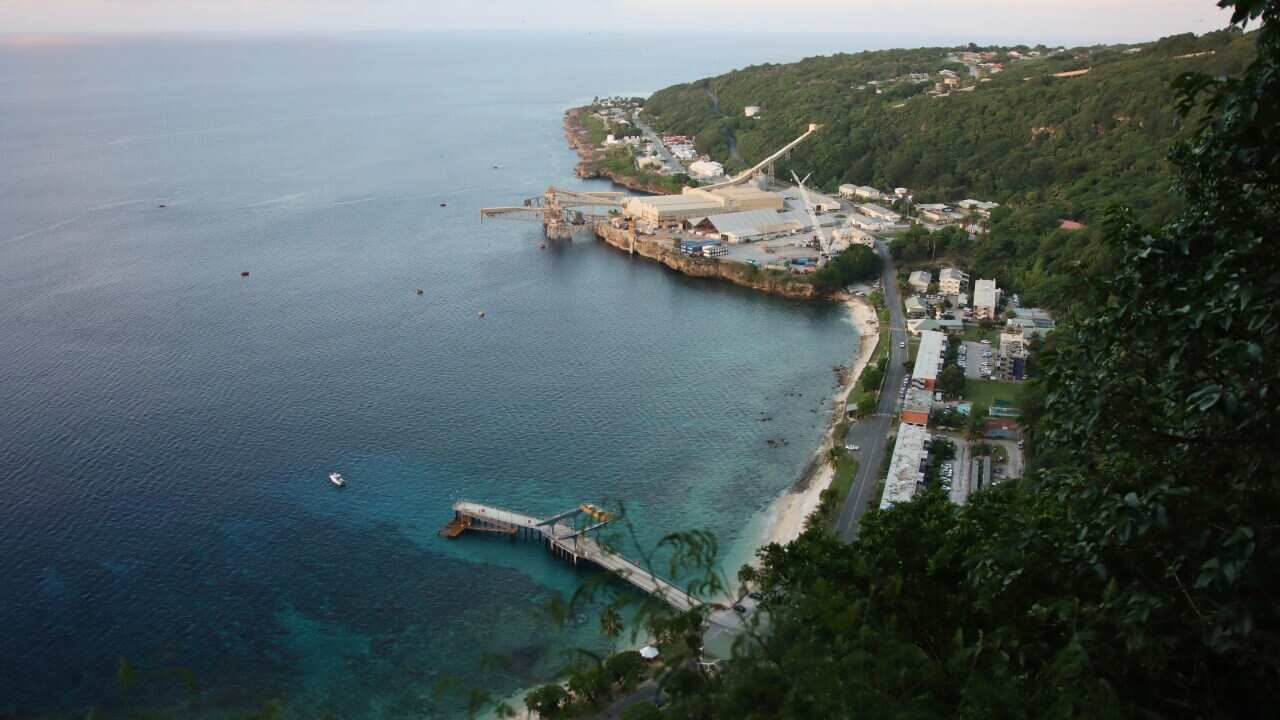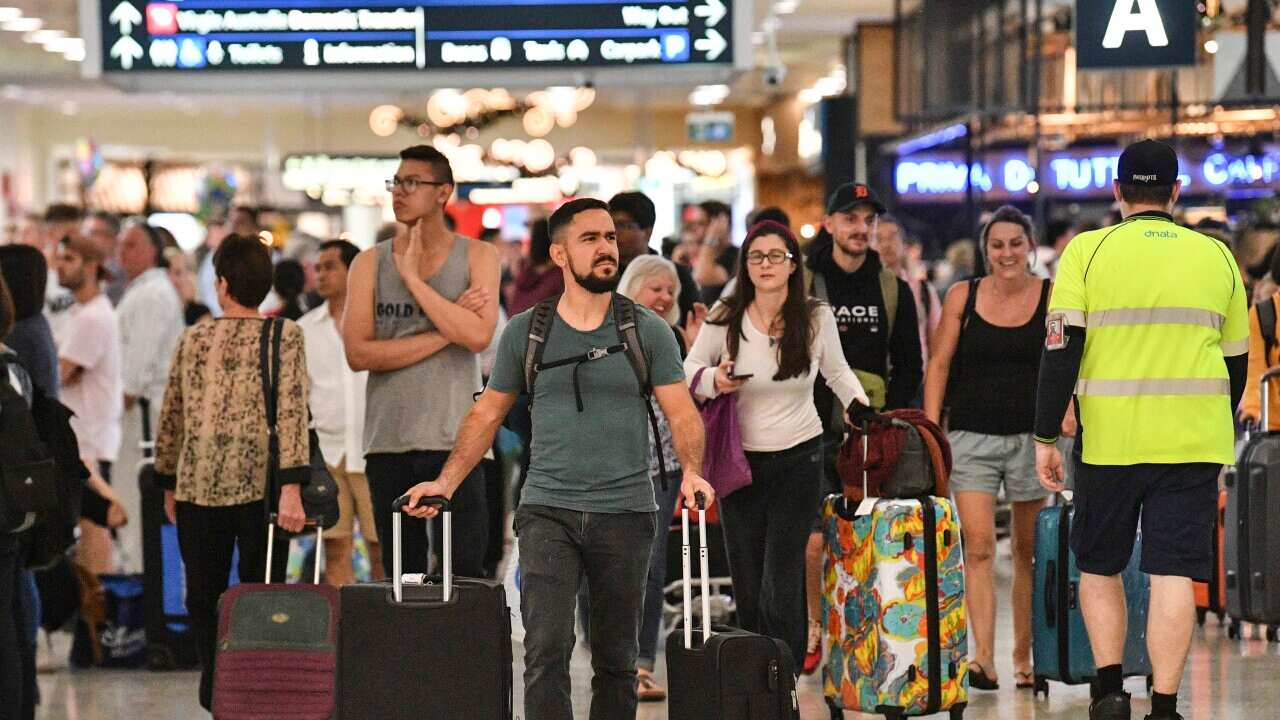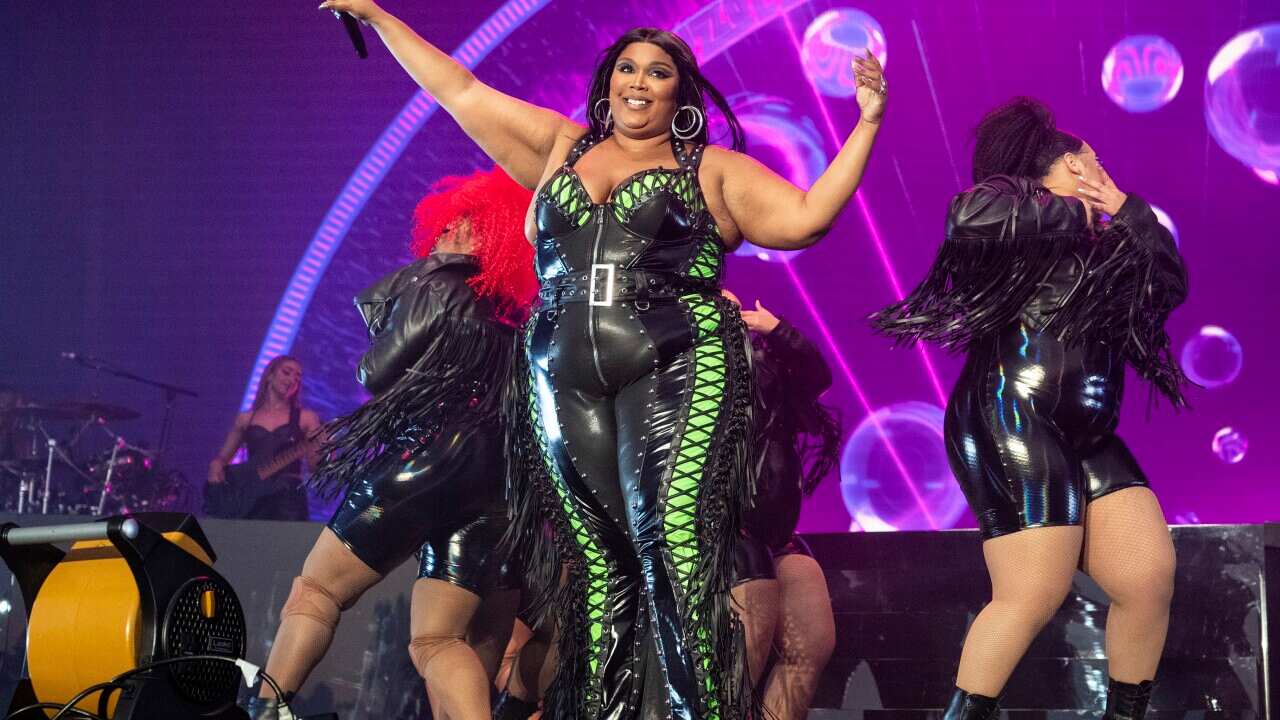Australia's ranking on the world stage is said to be “poor” when it comes to quality of life, safety from the state and empowerment of its people.
The findings come from the , a tracker comparing the human rights performance of 33 countries worldwide.
Researchers analysed data from international databases and surveyed hundreds of human rights experts, including activists, lawyers, researchers, journalists and NGO workers.
Australia is fourth from the bottom out of 25 high-income countries in the "quality of life" category, which includes the right to education, food, health, housing and work.
HRMI co-founder and economic and social rights lead Susan Randolph said the nation is failing to fulfil its responsibilities.
"It certainly could do considerably better, I mean a score of 80.5, we would rate as…it's basically poor,” Dr Randolph told SBS News.
“It has the capacity to do much, much better and to ensure many more people are enjoying their rights.” The report found Indigenous Australians, refugees and asylum seekers are especially vulnerable to human rights abuses.
The report found Indigenous Australians, refugees and asylum seekers are especially vulnerable to human rights abuses.

A human rights protest in Sydney in 2019 Source: AAP
Eighty per cent of human rights experts surveyed by HRMI identified these groups as being at risk of having their right to health denied.
More than 70 per cent believe their rights to education and housing are not being met.
David Burke, legal director at the Human Rights Law Centre, is urging support for hundreds of people held in Australia's detention centres.
"The reality is that we've got a government who systematically and regularly breaches the human rights of people seeking asylum and refugees,” he said.
“This is a group that has been demonised in our politics for decades now, when really what we need is a compassionate solution to people coming here seeking safety."
More than half of the experts also identified the high risk of arbitrary arrest and torture faced by First Nations people.
Cheryl Axleby, co-chair of National Aboriginal and Torres Strait Islander Legal Services, said it's a centuries-old problem that contributes to continuing disadvantage.
She is calling for action on the UN Declaration on the Rights of Indigenous Peoples, Indigenous-led initiatives and independent inquiries into complaints against police and prisons.
Ms Axleby accused Australia's leaders of showing a lack of commitment and leadership on Indigenous issues.
“There is a real political mentality that we are people that need to be fixed, and that we need to have decisions made for us. Our rights to self-determination are not fully embraced,” she said.
“What we need is continued leadership, and unfortunately we are part of the political football that's often played in politics.”
The revelations come after weeks of Black Lives Matter demonstrations in Australia, calling for awareness of prejudice against black and Indigenous communities.
HRMI co-founder and former economist Anne-Marie Brook is hopeful the report will support the need for fundamental change.
"What our data shows are that these groups have been systemically discriminated against for a long time,” Ms Brook said.
“And the current movement, I see it as a positive development in that it's broadening awareness of these problems that have been around for a really long time." Researchers also highlighted the importance of human rights during the coronavirus crisis.
Researchers also highlighted the importance of human rights during the coronavirus crisis.

Protesters at the Black Lives Matter rally in Melbourne on 6 June. Source: AAP
Dr Randolph said people's ability to survive the pandemic is "hugely" impacted by their access to basic human rights.
She warned without access to housing, people cannot wash their hands with running water and may temporarily stay in other people's homes, potentially spreading the virus.
"So in some sense, ensuring that people have the right to housing and people have the right to health is also critical not only to their wellbeing but to everybody else's wellbeing,” she said.
The researchers hope the data will start a "race to the top", with governments working to improve their world ranking on human rights.
HRMI is urging policymakers to shift their focus from GDP per capita to how well they treat their people.
Ms Brook says human rights are about creating a world where people feel safe, allowing them to flourish.
"We're really able to manifest our kind of personal potential and live our lives in dignity. And I think that's something that every human being in the world really, really kind of wants for themselves and for their children,” Ms Brook said.
“And countries that respect human rights are really countries that really just create the conditions that allow people to flourish."












